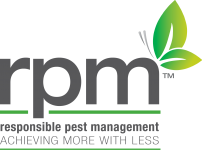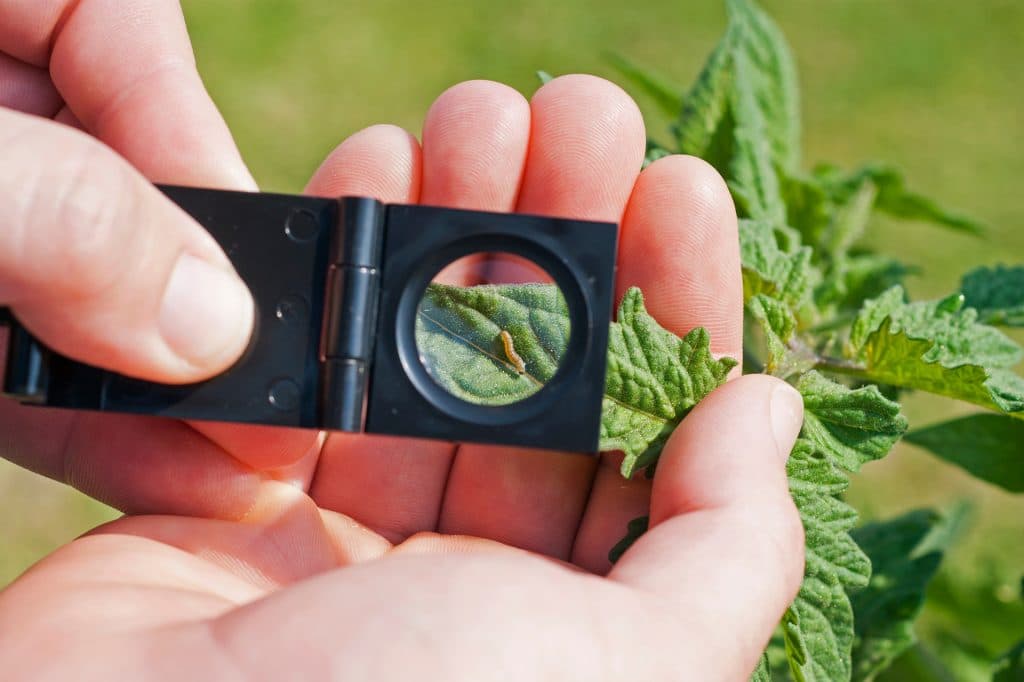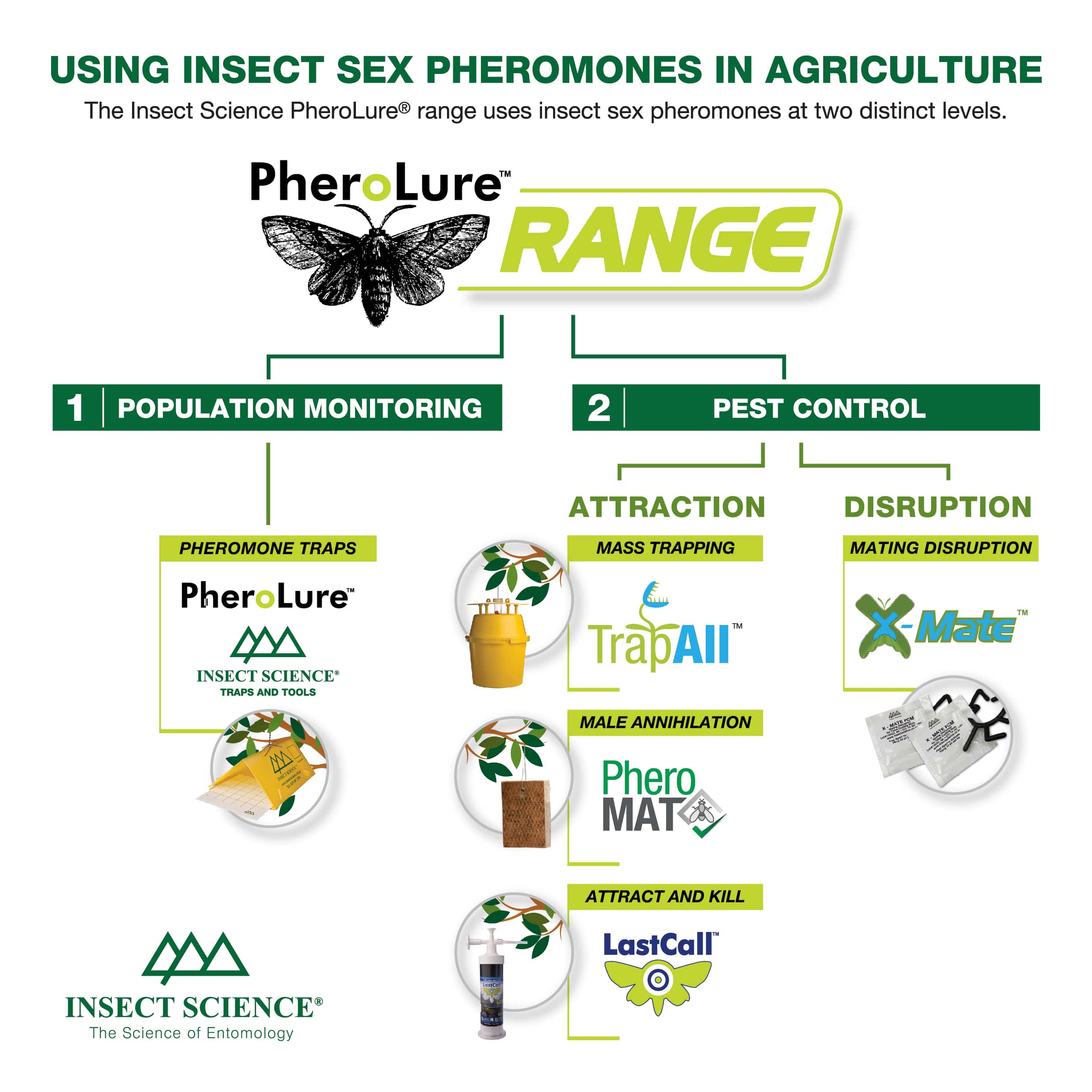At Insect Science, we’re helping to address the global challenges of food security and sustainable farming through our Responsible Pest Management approach. We believe that this approach is an essential building block to any broader integrated pest management (IPM) strategy.
Around the world, farmers are under pressure to sustainably produce more food with less land, using less natural resources. While doing this, they also need to ensure that enough safe, high quality food is produced responsibly, targeting specific insect pests while causing minimal damage to plants, soil and beneficial insects.
Insect Science offers solutions to all of these issues.


We believe that by helping farmers to use more sustainable pest management practises and reduce their use of harmful pesticides, we can help to address the impact that they have on our planet.
Responsible Pest Management (RPM) uses natural processes to control targeted pests in a more eco-friendly way. The ability to target specific insect pests means that we don’t impact beneficial insects, such as important pollinators like bees.
In RPM, it is important to know your pest in order to ensure that you take action at the right time. It is a flexible, site-specific approach that is cost-effective and places the focus on controlling the pest at the right point in its life-cycle, rather than at the point when crop damage is first noticed. In other words, you don’t just reactively control the damage done. Instead, you proactively work to limit damage by harmful insects before they take root and require more intrusive measures. This involves decision-making based on pest identification and monitoring.
Our RPM strategy makes use of innovative tools such as semiochemicals** (insect pheromones or perfumes) to enable sustainable farming practises that reduce the use of insecticides, lessen the environmental impact and improve human health and safety.
In this way, we help farmers manage pests by influencing their behaviour to prevent pest infestations, minimise secondary pests, limit the impact on beneficial insects, reduce food residues and increase food safety. The use of semiochemicals also reduces the likelihood of resistance developing, compared to the use of conventional chemicals.
Understanding the demands of sustainable farming an how Responsible Pest Management fits into broader integrated pest management strategies is the first step towards a safe, food-secure future.
Insect Science has several building blocks and tools that form part of our approach to RPM.
These include pest monitoring, mass trapping, attract and kill, male annihilation and mating disruption, as well as repelling and push & pull technology.
By using traps and lures, farmers can monitor the number and activity of specific insects on a certain crop at a point in time, as well as the stage of their life cycle, enabling them to make timely decisions before the pests do extensive damage. Read more…
The main purpose of mass trapping with semiochemical-based products is to catch as many insects as possible to reduce overall numbers. Pests are lured in large numbers to a high density of traps that contain an attractant (usually a food component or a pheromone, and in some cases using a specific colour) and then killing the pests either with an insecticide or a device that prevents their exit. Read more…
This method uses an attractant impregnated with pheromone to exactly mimic the female insect’s natural pheromone. The attractant is also impregnated with an insecticide which will kill the targeted insect on contact. Read more…
Male annihilation is based on the concept of placing a large enough number of devices in a specific area to catch enough males to leave the females of the species without mates. Read more…
Mating disruption is used to prevent mating by saturating the atmosphere with pheromones released by dispensers. By releasing a large quantity of pheromone into the targeted area, male insects are confused and struggle to locate females, which emit pheromones at a lower concentration than the dispenser. Read more…

*Source: World Bank
** Semiochemicals (a term derived from the Greek ‘σημεῖον’ (semeion), meaning ‘mark or signal’), are chemicals that influence the behaviour of organisms. Plant- and insect-derived semiochemicals can be used for pest management to disrupt the behaviour of the pests themselves and/or their natural enemies. These can provide sustainable management alternatives to the use of conventional insecticides.